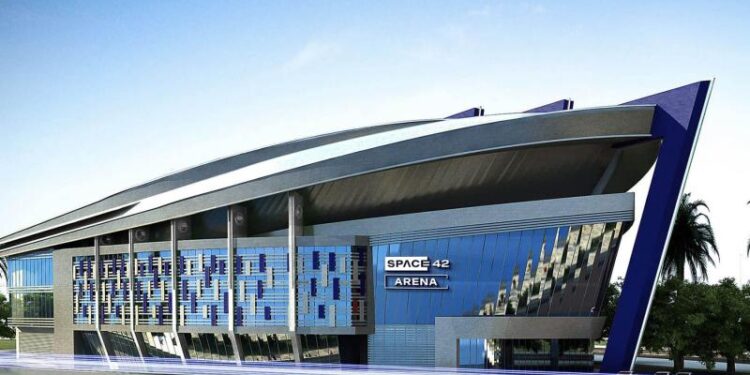Abu Dhabi-based Space42 is in talks to raise fresh funds to expand its mapping project in Africa.
Backed by Abu Dhabi sovereign wealth fund Mubadala, Space42 is holding early-stage talks with partners such as the African Union Development Agency, Microsoft, data center firm Esri, and financial investors to boost its African footprint, according to CEO Hasan Al Hosani.
Although no funding target has been set, the company has already begun building physical presence and connecting schools and clinics in South Africa and Zimbabwe.
Strategic partnerships
The company said it working with Microsoft and Esri on a mapping initiative to improve digital infrastructure across Africa.
“There’s a lot of work that needs to happen locally within each country, within each nation,” Al Hosani said in an interview on Bloomberg Television.
“So part of our process is actually to identify entities and partners, whether it’s on the private sector or the government sector and in parallel,” he added.
- The mapping initiative aims to provide detailed maps for all 54 African countries that can be used for logistics, disaster response, and urban planning.
- The data will be licensed to governments and will ultimately be available to businesses, the company has said.
- Africa’s an attractive market for satellite companies, with a young, fast-growing population that’s increasingly demanding internet access, and a terrestrial infrastructure that leaves vast swathes of the continent uncovered. Still, the patchwork of regulatory requirements across its dozens of countries makes it a challenge.
What you should know
Space42 is also competing with Elon Musk’s much larger Starlink service, which is already operating in 18 countries on the continent.
However, Starlink, owned by SpaceX, dwarfs the Emirati company with about 8,000 low-earth orbit satellites serving countries all over the world.
Space42 has eight satellites, with plans to launch another three this year, that offer varying types of coverage in 150 countries in Africa, the Middle East, parts of Europe, and much of Asia.
















